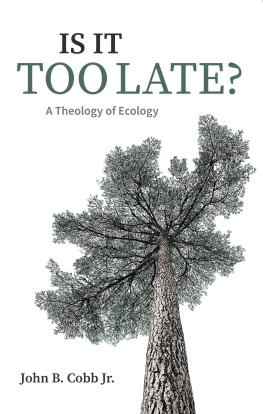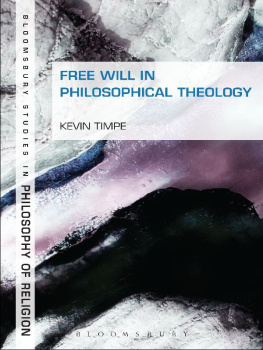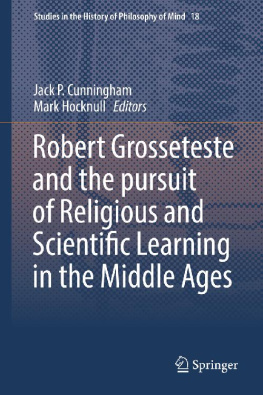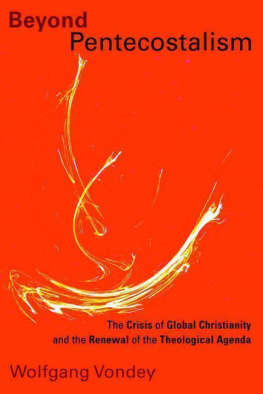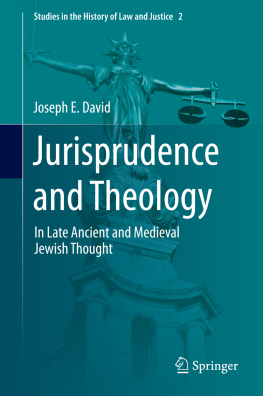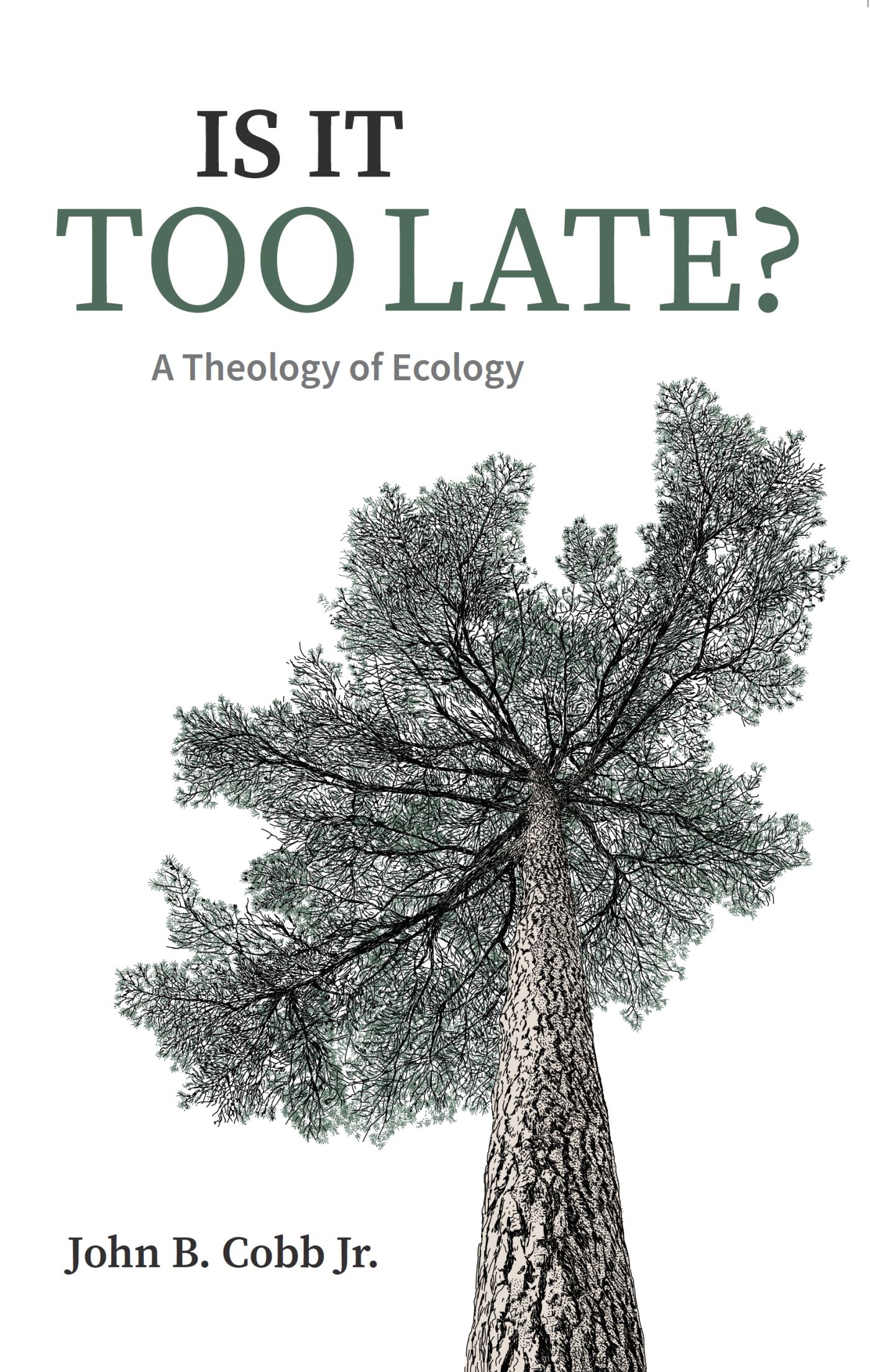
Is It Too Late?
Is It Too Late?
A Theology of Ecology
John B. Cobb Jr.
Fortress Press
Minneapolis
IS IT TOO LATE?
A Theology of Ecology
Copyright 2021 Fortress Press, an imprint of 1517 Media. All rights reserved. Except for brief quotations in critical articles or reviews, no part of this book may be reproduced in any manner without prior written permission from the publisher. Email or write Permissions, Fortress Press, PO Box 1209, Minneapolis, MN 55440-1209.
This edition is based on the revised edition published by Environmental Ethics Books in 1995. Used with permission. The first edition of the work was published in 1972 by Bruce, a division of Benzinger, Bruce & Glencoe, Inc. Small changes have been made to the revised edition and the author has written a new preface.
Unless otherwise noted, Scripture quotations are from the New Revised Standard Version of the Bible, copyright 1989 by the Division of Christian Education of the National Council of the Churches of Christ in the USA and used by permission. All rights reserved.
Cover image: www.istockphoto.com/vector/big-old-pine-tree-gm864418204-143289795
Cover design: Tory Herman
Print ISBN: 978-1-5064-7123-5
eBook ISBN: 978-1-5064-7124-2
Contents
Just fifty years ago, a few months after the first Earth Day, I retreated to a cabin in Wrightwood that my family shared with another family. It was not a good place to do scholarly research, but one could take along a few books, and interruptions were very rare. There was no telephone and, of course, no email. The likelihood of a visitor was minuscule. I had been absorbed in the discussion about the unsustainability of our collective activities. Now I could formulate my own ideas. In those days, much younger and highly motivated, I could work for sixteen hours a day.
The ideas with which I was preoccupied focused on theology. I am, and was, a progressive Protestant theologian. We call progressives those who built on the nineteenth- and early twentieth-century social gospelthat is, the understanding that the salvation Jesus proclaimed was sociohistorical more than individualist or otherworldly. For decades, the commitment of mainline churches and their ecumenical movement to that understanding of the gospels had given legitimacy to the Socialist Party and had paved the way for Roosevelts New Deal.
However, the large-scale consensus for justice and peace was shaken by World War II. Reinhold Niebuhr made us realize that our commitment to reforming society was neither deep nor profound. Our naive idealism had led too many of us to embrace pacifism. We had not understood well the power of sin, especially as entrenched in institutions.
After the war, our churches flourished. The veterans longed for normality, and this included children and churches. Their concerns were the well-being of their families. They looked to church for community and to help them bring up healthy, happy, and successful children. The New Deal was entrenched. The country was prosperous, and labor unions were strong. Ministers became chiefly pastors rather than prophets. Sermons were often more about psychological issues than social ethics.
Fortunately, in the years after the war, our cultural vision had been broadened. We became increasingly aware of the beauty and truth of traditions other than our own. We learned to introduce our people to other faiths, not only to respect them, but also to learn from them. Still, this did not cause us to give much attention to the continuing injustices in which we participated as middle-class white Americans. We were awakened by Martin Luther King Jr. to how we had missed the mark on racial issues. Soon we understood that we had also failed on sexual and gender matters. We were called to learn from Latin American liberation theology the difference between the reform we had advocated and the radical resistance we needed.
On top of all that, we were awakened to what we humans were doing to our planet. The discussion dealt thoughtfully with how far we had gone in the wrong direction without even noticing what we were doing. A good deal of the blame was placed on Christianity.
I agreed that the primary religion of the West has played a large role in shaping the Western understanding of nature and humanitys role in it. It seemed to me that we Christian theologians needed to understand just what about Christianity was responsible both for our destructive behavior and for our being so slow to notice it. Was this inattention to the well-being of the natural world inherent in Christianity as such? If so, the theologians task would be to find, or even develop, an alternative.
Actually, I was quite sure this was not the case. The Bible is the library of an ancient people. One can find in it some truly terrible teachings, supportive of slavery, male dominance, the murder of homosexuals, and so forth. But progressive Protestants had long since given up building contemporary practices in obedience to the detailed laws of any ancient culture. Most of us recognized that every use of the Hebrew scriptures was based on some selection of standpoint. Since most of us are Gentiles, an ethnocentric Jewish reading is ruled out for us.
As progressive Protestants, the perspective from which to read and appropriate the Bible was given by one particular Jew: Jesus. We wanted to be his disciples. But that did not mean that we should follow every word attributed to him unquestioningly. The New Testament offers us four accounts of his ministry and teaching. This is a rich stimulus for thought but certainly not a simple, infallible guide.
On the other hand, most of us agree that what was central for Jesus was central also for many other Jewsthat is, that God loves us and that we are to love God and all our fellow humans, even our enemies. So far as I could see, we did not need to give up any of that because of our recognition that we Christians bore much of the responsibility for unsustainable practices.
On the other hand, just this formulation of what is central points to a very serious problem. Christianity has always focused almost exclusively on our relation to other human beings. For the most part, the service to God that arises from love is expressed as a service to other human beings. Simply reemphasizing what for us is the heart of our teaching and practice would not end the neglect of nature.
The needed change is not difficult. If we love people, we must be concerned with redirecting them from exploiting nature to caring for it in its own right. We should not pretend that the Bible or subsequent Christian teaching has done this, but it helps that this move has been made by some well-known and widely appreciated Christians, such as Francis of Assisi. He quickly became our patron saint.
Fortunately, also, the Bible begins with a creation story that makes clear that God affirms the value of all creatures and cares about them. The idea that they exist only for our sake can be read into the Bible, but it cannot be found there.
What critics correctly pointed out is that humans are instructed to rule over other creatures and to use and eat them. That humans are the culmination of the creative process is consistently affirmed. To give that up radically, as some deep ecologists do, would indeed be a major departure from our heritage. Some of us consider that while it is important to emphasize that we humans are one species among others, intricately interconnected with all, we do have a unique relation to them. We have enormous power to determine their fate. We are justified in using some other animals as well as plants for food and clothing and other human needs.
Next page
